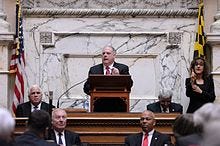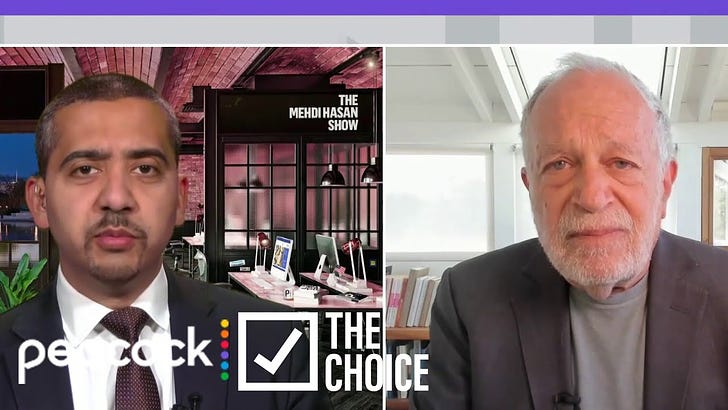Labor Secretary: We Should Not Penalize People by Ending Extra Unemployment Benefits
Many out-of-work Americans still require federal supplemental unemployment benefits, Walsh said.
Republican governors across the country are potentially hurting millions of Americans by their recent decisions to stop accepting supplemental unemployment benefits.
Dozens of GOP-led states this month are shutting down the $300-per-week benefits, which includes the benefits for so-called gig workers and the long-term unemployed who will receive nothing once they lose access to the federal funds.
Many Republicans have — without empirical evidence — been claiming that these additional federal benefits somehow dis-incentivizes the unemployed from actually taking work.

It's a conclusion that Labor Secretary Marty Walsh disagrees with.
Although the US economy has been adding an unprecedented number of Americans to the workforce, there remain more than 9 million Americans still looking for a job.
“Because we still have people out of work, we still have people looking for work, we have people that need to put food on the table and a roof over their head, and we still need to continue to move forward. I think this report showed that the unemployment benefit aren’t necessarily keeping people out of the workforce. What it’s doing is supporting families that are still out of work.”
Among the industries which have experienced the strongest uptake in hiring have been those which Republicans have said supposedly have suffered from a labor shortage, Walsh added.
"We will continue to move forward here. We saw growth in hospitality and leisure and restaurants, the largest growth for the last two months, and that is a good thing," said Walsh, the former mayor of Boston, Mass. "A lot of the restaurants and businesses that were saying people were not coming back to work because of the $300 are actually in those industries and we are seeing those industries coming back, which is a great thing to do for our country, seeing those industries coming back, seeing hospitality come back, seeing travel come back. It's great to see that."



